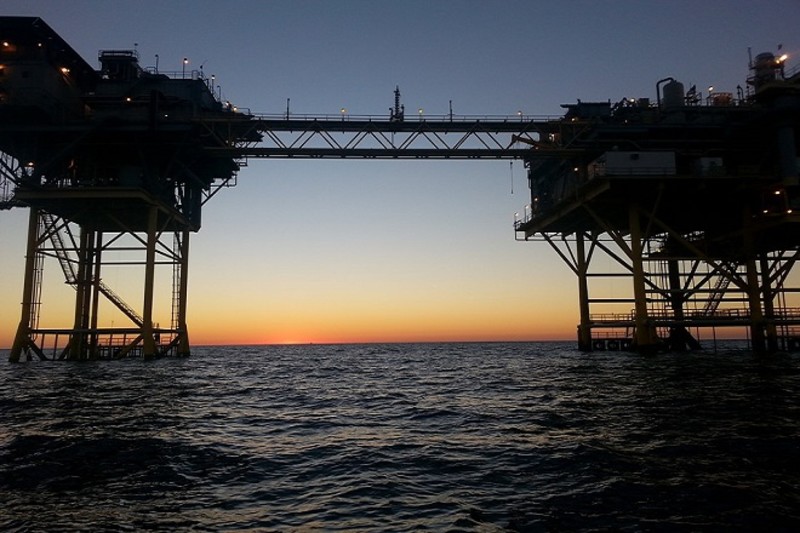At today’s annual IUMI (International Union of Marine Insurance) conference in Tokyo, James McDonald, chairman of IUMI’s Offshore Energy Committee warned that the sector was “sinking”.
His warning was based on declining total premium income set alongside upstream energy large losses for 2015-16 of USD 4.8 billion.
McDonald explained: “In recent years it would appear that claims have exceeded the global premium base and the last two underwriting years have seen significant losses. The impact of Hurricanes Irma and Harvey are unlikely to deliver the same magnitude of loss that resulted from Katrina and Rita in 2005 or Ike in 2008, but whilst Harvey and Irma appear not to have had much impact on the offshore sector the year’s hurricane season still has some distance to run”.
According to McDonald, the offshore energy underwriting sector was facing some significant challenges and it was these that were contributing to the current poor performance:
- Usable capacity had continued to increase since 2006 and was currently between USD 7-8 billion – many risk values were under USD 1 billion, therefore they can be covered many times over.
- Coverage given by wordings were “creeping” resulting in risk coverage widening which would result in claims increasing.
- Prototypical technology (such as FLNG) was advancing and underwriters had no actuarial experience to price these risks and there was little idea of how these new technologies would perform.
- Although premium income was reducing, acquisition costs were increasing and expenses were broadly static meaning that expense ratios had increased significantly against the reducing premium base.
- Cyber exclusions were typically included in policies but most had not been tested in many jurisdictions, meaning it was difficult for underwriters to assess their cyber accumulations to a systemic event.
- The low oil price had led to less drilling, less construction projects and more lay-ups, resulting in less to insure which was also driving down the premium base.
- Reactivation of rigs, when it happens, was expected to increase attritional risk due to equipment being recommissioned and a shortfall of experienced engineers and crew.
- The increase in market capacity had led to inexperienced underwriters attempting to lead business. It was not certain whether these markets had the claims resource and experience to provide the claims service that clients would expect.
With premiums running at a level lower than claims costs, McDonald was downbeat on future prospects. “The oil price is not easy to predict, more than 25 years ago we passed the point where more oil was used than was discovered. Today, we discover only one barrel for every four we consume. With our global transport infrastructure relying so heavily on hydrocarbons, we are led to believe that electricity and LNG will become much more prominent in the future. Gas might become the new oil, but until then, the offshore energy insurance sector cannot rely on a rising oil price as its saviour”.
Ends

